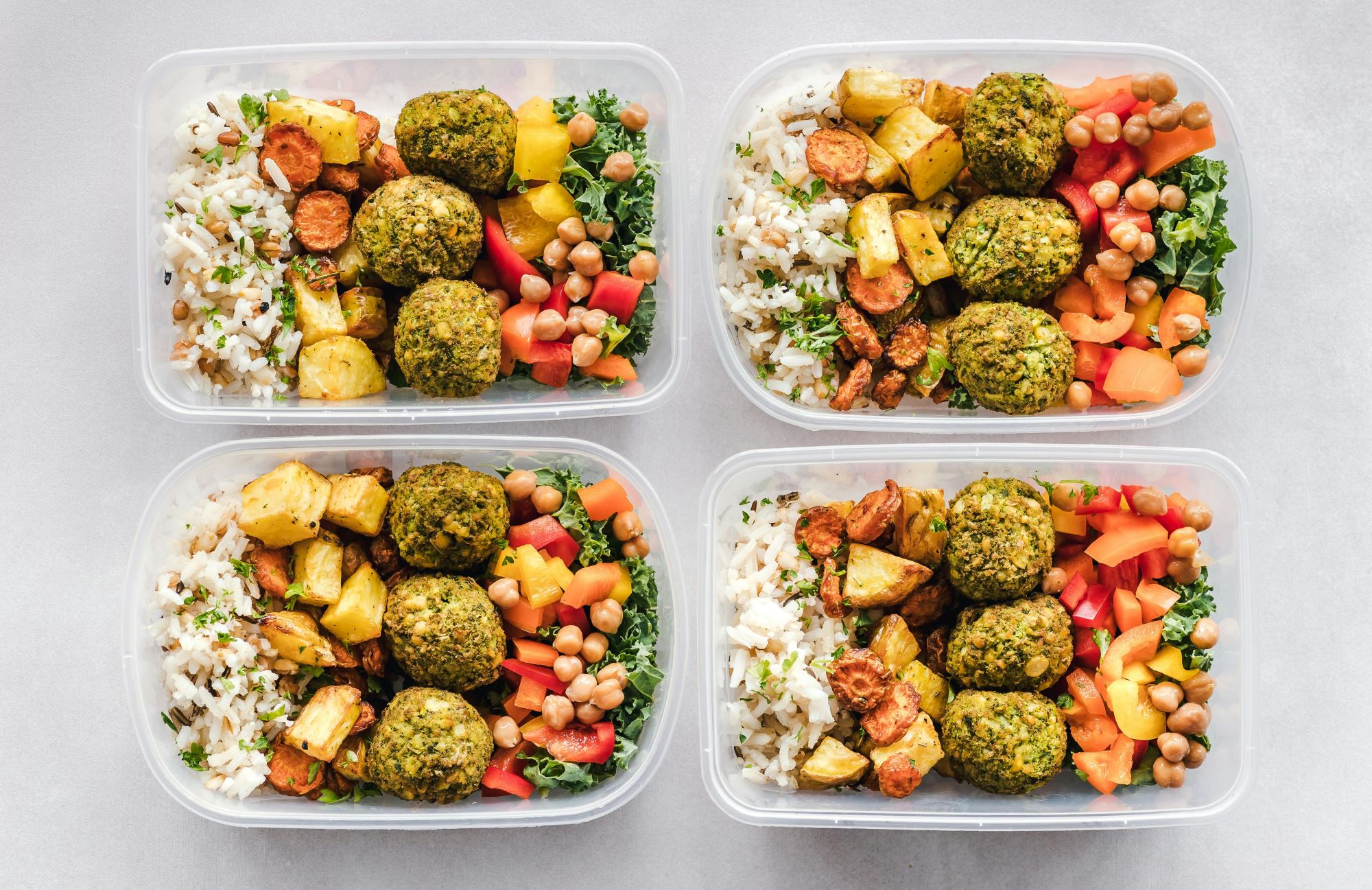
Embarking on a fitness journey is akin to setting sail on a voyage toward a healthier, stronger, and more vibrant self. While exercise undoubtedly forms the cornerstone of this expedition, it's the often-overlooked aspect of nutrition that serves as the compass guiding us toward our destination. In the realm of fitness, the saying "abs are made in the kitchen" couldn't ring truer. This post delves into the pivotal role food plays in our quest for optimal fitness.
Fueling Performance:
Just as a car requires the right kind of fuel to run efficiently, our bodies demand proper nutrition to perform at their peak. Whether you're a seasoned athlete or a novice gym-goer, the foods you consume directly impact your energy levels, endurance, and overall performance. Complex carbohydrates such as whole grains, fruits, and vegetables serve as the body's primary source of fuel, providing sustained energy to power through workouts and daily activities. Incorporating lean proteins like chicken, fish, tofu, and legumes aids in muscle repair and growth, which is essential for those striving to build strength and definition.
The Power of Macronutrients:
Macronutrients, namely carbohydrates, proteins, and fats, form the building blocks of a balanced diet crucial for achieving fitness goals. Carbohydrates replenish glycogen stores, ensuring sustained energy during workouts, while proteins repair and rebuild muscles damaged during exercise. Healthy fats, found in avocados, nuts, and olive oil, support hormone regulation and aid in nutrient absorption. Balancing these macronutrients in the right proportions not only fuels workouts but also facilitates recovery, allowing for continued progress and adaptation.
Caloric Balance:
Achieving and maintaining a healthy weight is often a primary objective of fitness journeys. Understanding how to calculate maintenance calories based on individual factors such as age, weight, activity level, and metabolism is key to striking the right balance. Consuming nutrient-dense foods that satisfy hunger and provide essential vitamins and minerals is imperative for sustaining long-term weight management. Focusing on quality over quantity ensures that every calorie counts towards nourishing the body and supporting fitness endeavors.
Nutrient Timing:
Timing is everything, especially when it comes to optimizing nutrition for fitness. Consuming a balanced meal or snack before and after workouts can significantly impact performance and recovery. Pre-workout nutrition provides the necessary energy to power through exercise while minimizing muscle breakdown. Post-workout meals or snacks replenish glycogen stores, repair muscle tissue, and kickstart the recovery process. Incorporating a combination of carbohydrates and proteins within the window of opportunity following exercise maximizes nutrient uptake and enhances muscle synthesis, ultimately contributing to improved fitness outcomes.
Mindful Eating:
In the fast-paced world we inhabit, mindful eating often takes a back seat to convenience and indulgence. However, fostering a mindful approach to food consumption is fundamental to both physical and mental well-being. Paying attention to hunger cues, savoring each bite, and practicing moderation cultivate a healthier relationship with food. Mindful eating not only promotes better digestion and nutrient absorption but also prevents overeating and emotional eating, common pitfalls on the path to fitness success.
Customization and Flexibility:
There is no one-size-fits-all approach to nutrition in fitness journeys. What works for one individual may not yield the same results for another. Recognizing and embracing dietary preferences, intolerances, and lifestyle constraints is essential in crafting a nutrition plan that is sustainable and enjoyable. Flexibility is key, allowing room for occasional indulgences and adjustments based on evolving goals and circumstances. Customizing nutrition to align with personal needs and preferences ensures adherence and long-term success in achieving and maintaining fitness objectives.
The Role of Education:
In an era inundated with fad diets and misinformation, education emerges as a powerful tool in navigating the complex landscape of nutrition. Equipping oneself with knowledge about macronutrients, micronutrients, portion sizes, and dietary guidelines empowers individuals to make informed choices that support their fitness endeavors. Consulting with registered dietitians or nutritionists can provide personalized guidance and debunk common myths surrounding food and fitness. By fostering a deeper understanding of nutrition, individuals can unlock the full potential of their fitness journeys and lay the groundwork for lasting health and vitality.
Conclusion
In conclusion, food serves as the cornerstone of fitness journeys, exerting a profound influence on performance, recovery, and overall well-being. By fueling our bodies with nutrient-rich foods, striking a balance between macronutrients, and adopting a mindful approach to eating, we can optimize our fitness endeavors and embark on a path toward sustainable health and vitality. Remember, the fitness journey is not just about breaking a sweat - it's about nourishing the body, mind, and spirit for a lifetime of wellness.